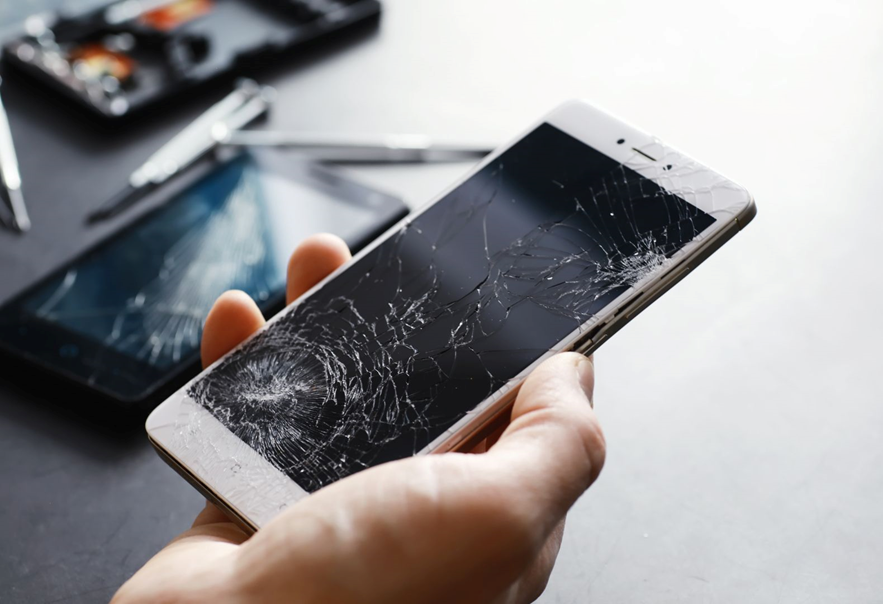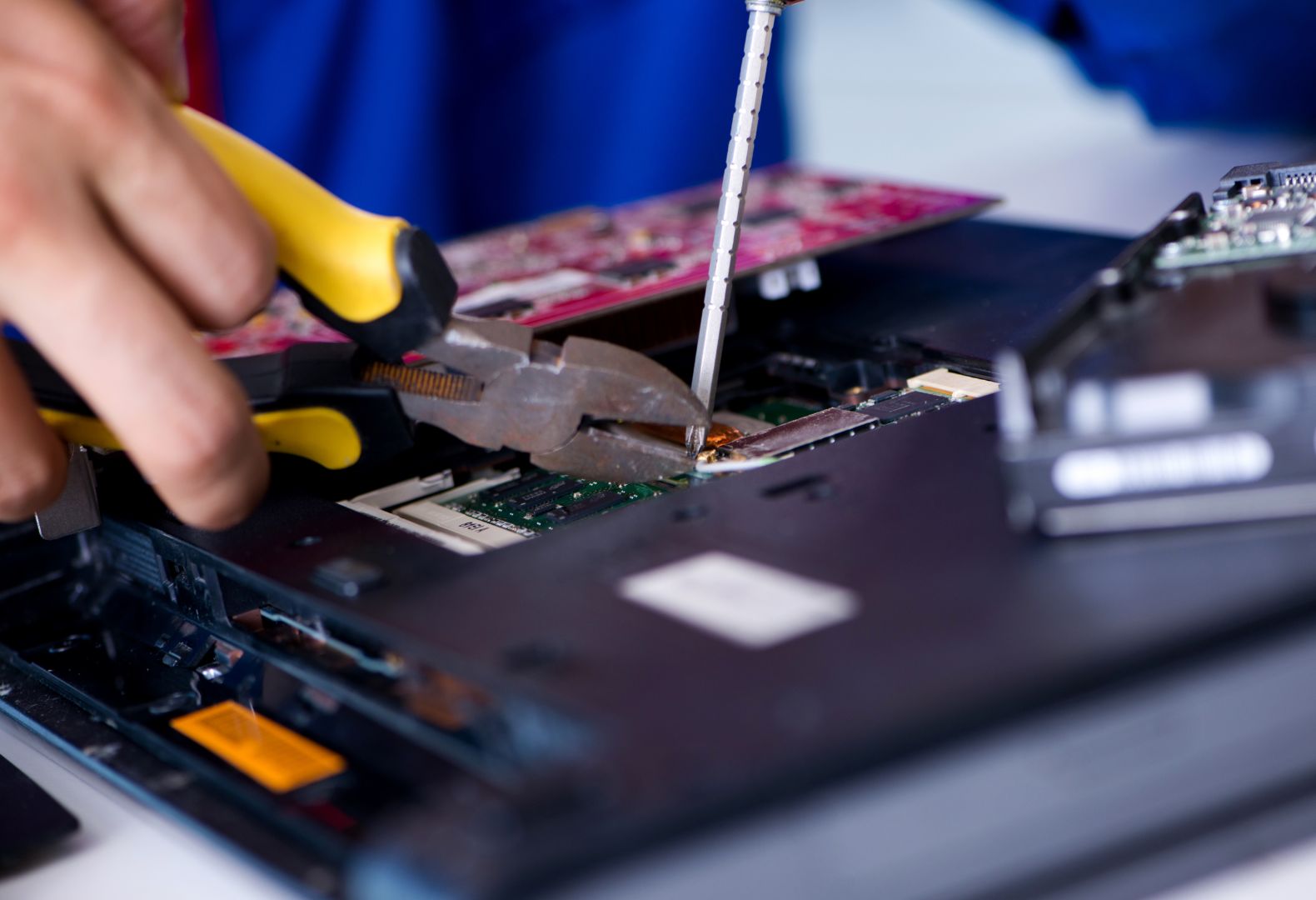The refurbished market, a trend that is revolutionising the way we consume.
While manufacturers of new products often abuse programmed obsolescence, the market for remanufactured products continues to grow. Consumers are increasingly turning to second-hand or remanufactured products in their daily lives, both at home (household appliances, computers, etc.) and at work (smartphones, computers, printers, etc.), which runs counter to the programmed obsolescence that manufacturers have been imposing for several years. In an economic context of high inflation combined with real environmental awareness, these products, which are often cheaper and above all more environmentally friendly, are attracting more and more consumers. But first let's look at the definition of a refurbished product.
What does refurbished mean?
For a product to be considered "refurbished", it must meet certain conditions:
- the product must have undergone "tests on all its functions to establish that it meets the legal safety requirements and is suitable for the use that the consumer may reasonably expect"; and
- the product must have undergone one or more "operations to restore its functionality" before the change of ownership, which means that the seller must delete any data recorded in connection with a previous use or user.
Reused products, a booming European market

How do you explain the growth of the refurbished market?
At European level, legislation such as the Green Deal and Green Public Procurement encourages purchasers to buy reused products.
The basic concept behind Green Public Procurement is the existence of clear, verifiable, justifiable and ambitious environmental criteria for products and services, based on a life-cycle approach and scientific evidence. In this way, circular economy products will be favoured in European public procurement.
The Green Deal is a set of proposals to adapt the EU's climate, energy, transport and taxation policies with the aim of reducing net greenhouse gas emissions by at least 55% by 2030. It includes 4 proposals to promote the purchase of circular economy products:
- Make sustainable products the norm in the European Union.
- Give consumers the means to choose.
- Focus on sectors that use the most resources and have a high potential to contribute to the circular economy.
- Guarantee less waste.
The remanufacturing market is being promoted by governments in response to the ecological crisis.
To support this market, which is part of the circular economy, the French government, for example, has set up a support system based on two points:
- The creation of a label to help develop a quality second-hand and reuse market, giving consumers clarity and confidence in refurbished products,
- Direct aid in the form of an amount paid for each item of refurbished equipment (in accordance with the applicable legal framework).
This scheme is in line with the law of 15 November aimed at reducing the environmental impact of digital technology in France.
In addition to this aid, the French government promotes and encourages public purchasers to use products from the circular economy under the AGEC law. In fact, the decree of 9 March 2021, the provisions of which came into force on 1 January 2022, requires public entities to reserve at least 20% of their purchases for refurbished or reused products. This regulation covers several product categories, including office furniture.
The refurbished printing market


